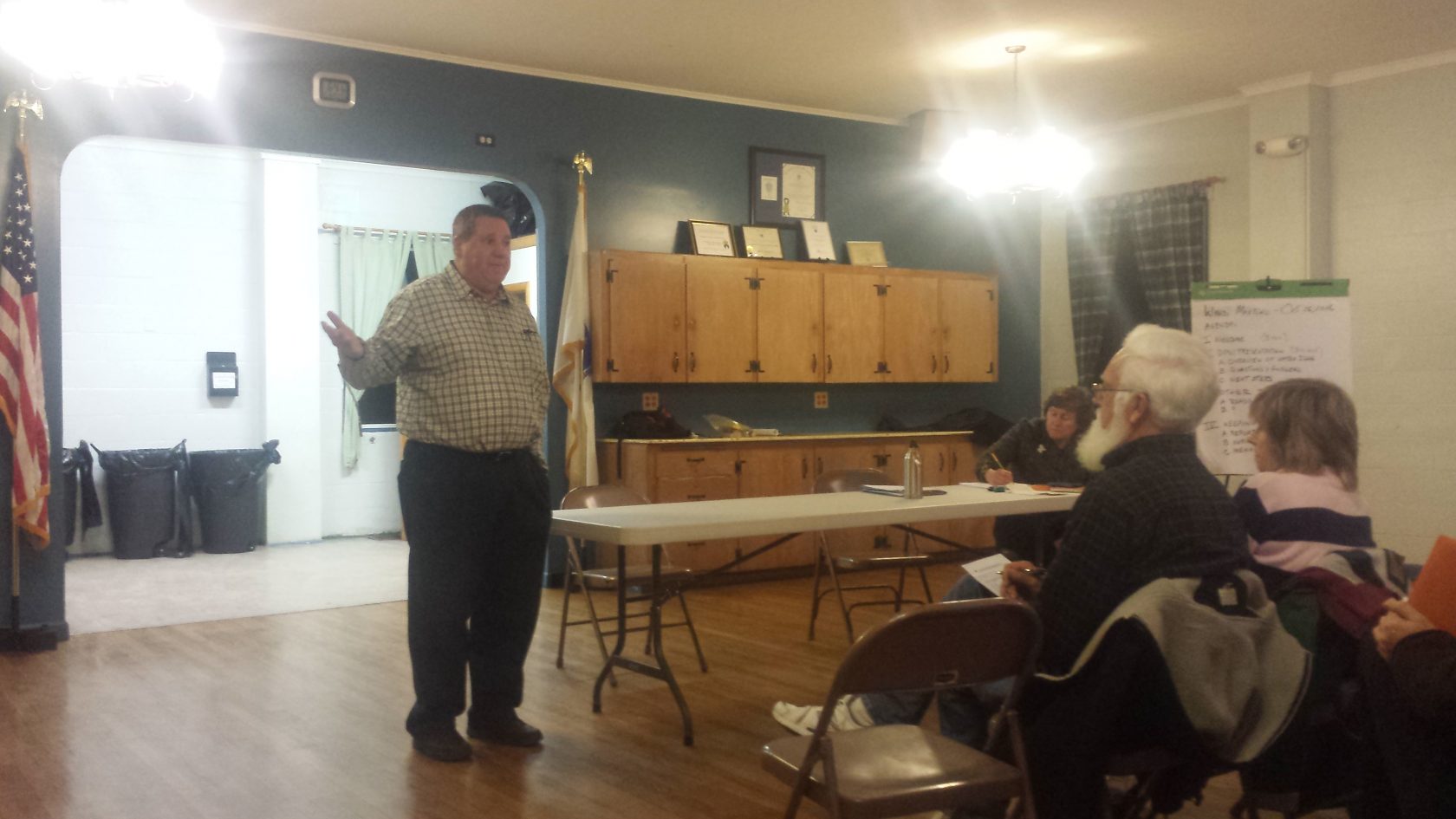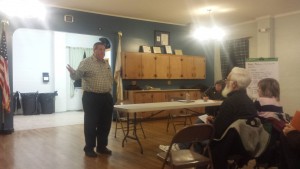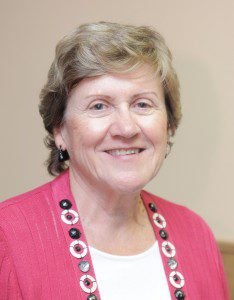WESTFIELD–In an attempt to improve transparency and information available to residents, Ward 1 Councilor Mary Ann Babinski held another informational meeting open to the public.
The topic that was most discussed during the meeting though, was the same that has been discussed for the past several months–water. Residents were given the chance to ask as many questions as they felt necessary about the water system and other topics, but contamination dominated the discussion. In addition to Babinski, public works superintendent David Billips was at the meeting answering questions.
“The water is 100 percent safe,” Billips said. “The health advisory is probably going to be lifted.”
Billips has been reiterating the safety of the city’s water since the water ban and contamination advisory were established, and he now feels that the numbers from studies backs up his statements. Billips said that the water in wells one and two–with two being offline recently due to PFOA and PFOS contamination–are now below the suggested EPA levels for the inorganic compounds, which is 70 parts per trillion.
To put 70 parts per trillion into perspective, Billips said “that’s like three drops in an Olympic-sized swimming pool.”
There still has been no official word on the health advisory.
Regarding the water ban, Billips said that it would remain in effect indefinitely, though not because of contamination concerns. He said that the Granville reservoir, which is the main source of water in the city often, is down 11 feet from the spillway. This is an additional 3.8 feet below what it was when it was last reported by The Westfield News on Sept. 8.
“I know people don’t want to hear this but we need a lot of snow or else we’re in trouble next year,” Billips said.
Billips also said that the city is investigating a potential interconnection with Holyoke, which could provide water to the city if it needed it. Currently, Westfield has an agreement like this with Springfield, but Billips said it is expensive and the Holyoke option could be more affordable for the city.
Additional water concerns discussed included the Barnes Aquifer, which is where underground water predominantly comes from in Westfield.
Billips and Babinski said that the underground water source is heavily protected, with businesses having to meet standards set forth by the city and the Barnes Aquifer Protective Advisory Committee, which has several cities and towns involved, including Westfield.
Billips also said that some companies who are on the aquifer have their water tested by the city as often as three times a year, if they fall into certain parameters.
However, one concern that was brought up by residents at the meeting was that there is a lack of transparency both in information and in enforcement. They voiced concerns about what actually happens if a business does not follow the regulations given to them, or even if people are seen using outdoor water against the water ban.
Babinski said that enforcement of different regulations falls upon different departments. If it is a building violation, then it falls upon the city’s building and law departments, and if it is a water ban issue then it falls upon the department of public works and police.
Babinski told residents that if they are concerned about enforcement, they should speak up to their government and their elected officials.
“If you see something, say something,” she said.




